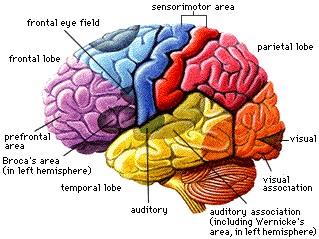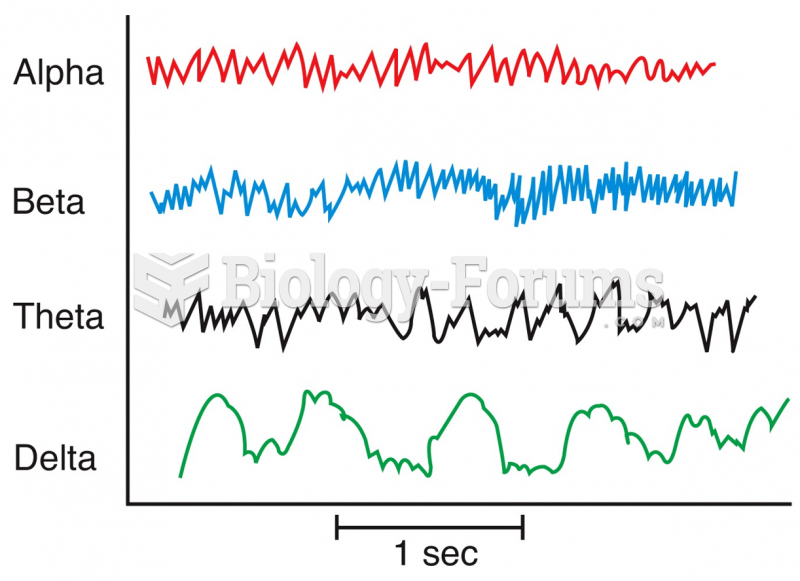Answer to Question 1
Correct Answer: 3
Rationale 1: The anger and aggression will remain until the tumor is treated.
Rationale 2: The root cause of the anger, the tumor, needs to be addressed.
Rationale 3: The limbic system is a group of structures deep in the brain responsible for emotional expression, learning, and memory. Emotional states associated with this system include anxiety, fear, anger, aggression, remorse, depression, sexual drive, and euphoria. Signals routed through the limbic system ultimately connect with the hypothalamus.
Rationale 4: Anger is a normal response to diagnosis of a tumor.
Global Rationale: The limbic system is a group of structures deep in the brain responsible for emotional expression, learning, and memory. Emotional states associated with this system include anxiety, fear, anger, aggression, remorse, depression, sexual drive, and euphoria. Signals routed through the limbic system ultimately connect with the hypothalamus. The anger and aggression will remain until the tumor is treated. The root cause of the anger, the tumor, needs to be addressed. Anger is a normal response to diagnosis of a tumor.
Answer to Question 2
Correct Answer: 1,2
Rationale 1: An improved mood is an effect of some central nervous system medications.
Rationale 2: An improvement in sleep patterns is an effect of some central nervous system medications.
Rationale 3: Activation of the fight-or-flight response is not an effect of central nervous system medications.
Rationale 4: Some central nervous system medications control rather than cause the onset of seizures.
Rationale 5: Some central nervous system medications control, not increase, pain.
Global Rationale: An improved mood and improvement of sleep patterns are the effects of some central nervous system medications. Activation of the fight-or-flight response is not an effect of central nervous system medications. Some central nervous system medications control rather than cause the onset of seizures. Some central nervous system medications control, not increase, pain.







